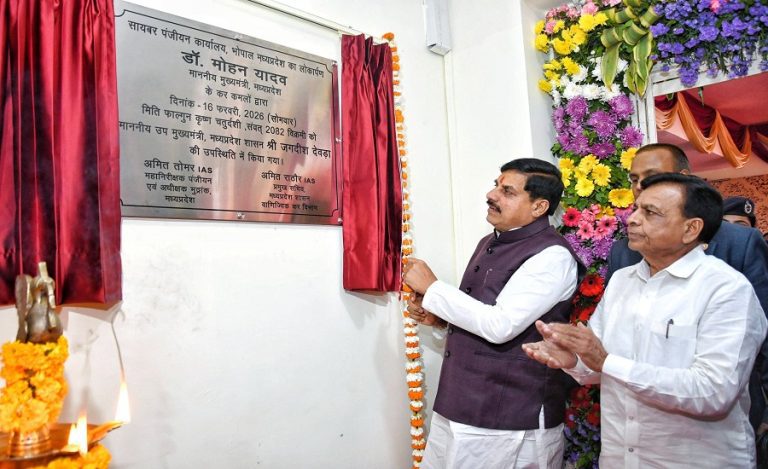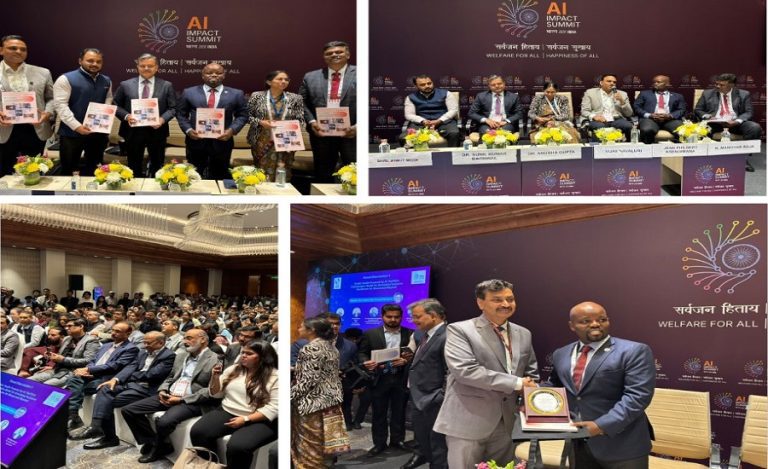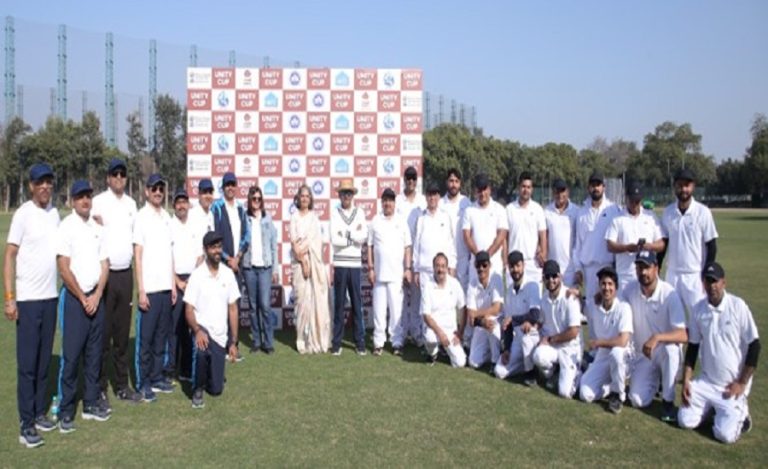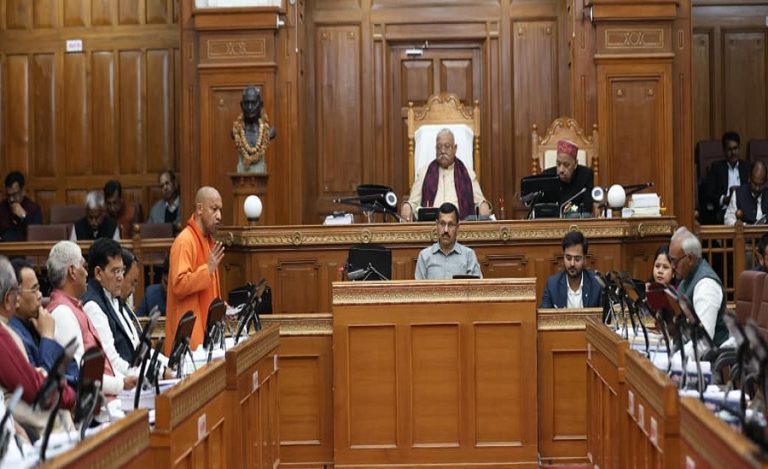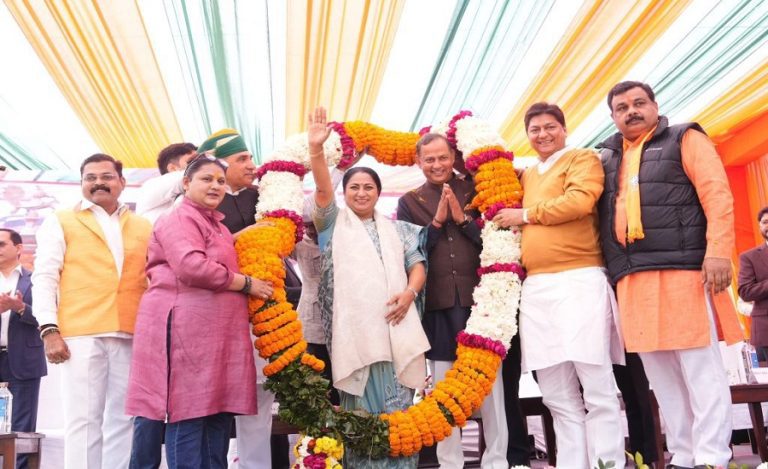In a landmark decision on 3 November 2025, the Delhi High Court delivered a sweeping set of guidelines for legal education across India. The Bench, led by Prathiba M. Singh and Amit Sharma, held that no student enrolled in any recognised law college or institution shall be debarred from taking semester examinations or being prohibited from advancing to the next semester solely on account of low attendance. This decision signals a major shift in how attendance norms are handled in law courses nationwide.
Background of the Law Students Exam Attendance Case
The DHC’s guidelines stem from a suo motu Public Interest Litigation (PIL) titled “Courts on its own motion in Re: Suicide committed by Sushant Rohilla, law student of IP University.”
In the case of Rohilla, a student of Amity Law School (affiliated to Guru Gobind Singh Indraprastha University), serious allegations were made of institutional harassment and detention due to low attendance, leading to his tragic suicide in 2016.
Read Also: IAS Soumya Jha’s ‘Lakshya 2025’ Initiative Transforms Education in Tonk
The Court found that rigid and excessive attendance requirements can lead to extreme distress among students, undermining both academic and mental-health interests.
Over years, the DHC has expressed concern about the high baseline attendance thresholds in law schools, particularly given the shift to online learning and practical training demands.
Key Guidelines Issued by the Court
1. No Bar from Exams or Academic Progress for Low Attendance: The Court directed that no student enrolled in any recognised law college or university may be prevented from appearing for semester examinations or from making progression into the next semester on the ground of lack of minimum attendance.
Colleges are prohibited from prescribing attendance norms over and above those set by the Bar Council of India (BCI).
2. Attendance Deductions Permissible But Limited: Where attendance norms exist, the Court stated that deductions in marks may be permitted — a maximum of 5% in cases where marks are awarded, or 0.33% where institutions follow the CGPA system.
Importantly, detention (i.e., blocking of exams) purely due to low attendance is ruled out.
3. Communication & Remedial Measures: Institutions must notify students and their parents/guardians of attendance shortages on a weekly or monthly basis, via online portals or mobile apps.
Colleges must conduct extra classes (physical or online) for students who fall short of attendance norms.
4. Student-Centric Grievance Redressal and Mentorship: Mandatory formation of Grievance Redressal Commissions (GRCs) in all universities and colleges.
The University Grants Commission (UGC) is directed to amend regulations so that at least 51% of GRC members are students, ensuring greater student representation.
The BCI is required to amend affiliation norms for law colleges to include availability of counsellors and psychiatrists to support students.
5. Revision of Attendance Norms by the BCI: The BCI is tasked with re-evaluating mandatory attendance norms for both three-year and five-year LL.B courses. Remote/online classes, moot courts, internships, and practical exposure are to be credited towards participation and attendance.
The Court recognised that classroom attendance alone is neither sufficient nor the entire basis for legal education, which requires practical training, internships, court visits, moot courts and seminars.
What This Means for Law Students & Colleges
For Law Students
- Students who previously faced detention, repeat year or exam-bar due to attendance deficiency now have relief — they cannot be barred from exams solely for attendance.
- Focus can shift from mere punishment for non-attendance to engagement, practical learning, and holistic legal education.
- Enhanced support frameworks (counselling, grievance redressal) may reduce academic stress and better safeguard mental health.
For Law Colleges & Universities
- Colleges must revisit their attendance policies, ensuring they do not exceed BCI minimums.
- Institutions must invest in transparent attendance systems, including digital portals, parent alerts and remedial classes.
- Law schools must incorporate internships, moot court credit, online/hybrid learning models in compliance with NEP-2020 and UGC’s flexible education vision.
- Failure to comply may expose institutions to legal challenge or accreditation risk via BCI/UGC supervision.
For Regulator (BCI & UGC)
- The BCI must undertake stakeholder consultations (students, teachers, parents) for revising attendance rules. The Court recognised that ground realities (commuting, financial constraints, family responsibilities) cannot be ignored.
- UGC needs to update regulations relating to grievance redressal and student welfare.
- Both regulators must ensure law education aligns with the goals of the National Education Policy 2020 (NEP-2020) which emphasises flexibility, multidisciplinary learning and digital modalities.
About the Judges & Their Stance
Justice Prathiba M. Singh and Justice Amit Sharma formed the division bench that delivered the judgment.
The Bench emphasised a student-friendly, humane outlook to legal education, stating attendance cannot become an instrument of mental trauma.
Their directive reflects the Court’s acknowledgement of evolving education methods (online, hybrid) and changing student dynamics in today’s digital age.
Importance of Law Students Exam Attendance Guidelines
- It signals a paradigm shift from rigid attendance enforcement to student-centric learning in legal education.
- It addresses the larger issue of student mental health, especially in professional courses where failure or detention can have serious repercussions.
- It aligns legal education policy with modern realities — remote learning, internships, moot courts and broader participation beyond classroom hours.
- It sets a precedent that academic policies must account for welfare, equity and practical learning rather than mere formal compliance.
Challenges & What to Watch
Implementation: Merely issuing guidelines is not enough — colleges and regulators must act promptly and effectively.
Monitoring: Ensuring that attendance deductions (up to 5% or 0.33%) are applied fairly, and that students are not implicitly penalised via other means.
Digital Divide: For students from remote or underprivileged backgrounds, online/hybrid remediation must be accessible and inclusive.
Internship Credit: The BCI must create transparent lists and opportunities for students, as directed. Failure could perpetuate disadvantage.
Regulatory Clarity: The BCI and UGC must clearly define new norms—what constitutes participation, how credits work for moot courts/internships, how attendance is calculated.


